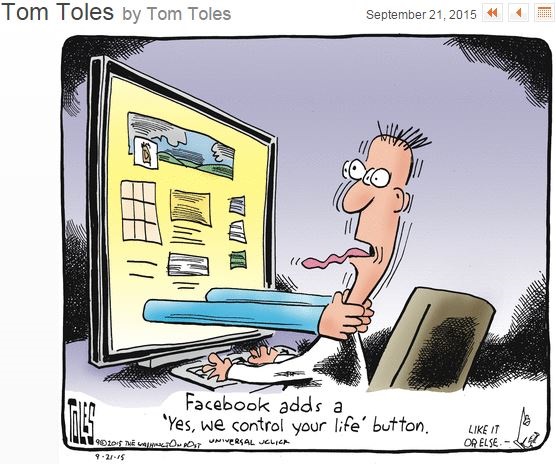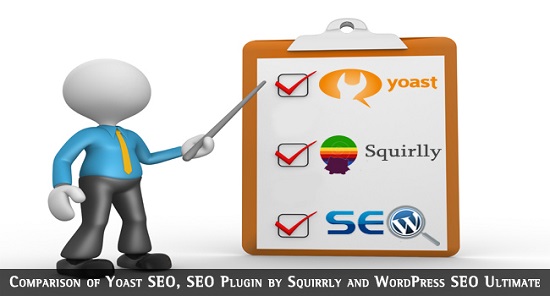Facebook and a handful of other social media are so entrenched that few people think about life before them. But the Web was conceived 15 years before Facebooks’s founding in 2004. Facebook put a pretty face on the Web, and billions of people have flocked to it. And Google Search, YouTube, and a handful of other giants –fueled by tons of advertising revenues—exercise a lot of control over what people can see and do, so much so that there is growing sentiment about breaking up these monopolistic organizations. And delivering fake news or vicious propaganda from the likes of ISIS (ironically ISIS can even get PAID by YouTube while it disseminates its messages of hatred) adds further pressure for this breakup.
It will take more time, but help may be on the way from the original creator of the Web, Tim Berners-Lee. He is working towards a “Better Web” where users’ control their own (private) data. One group that should benefit from greater control of their data is musicians. The title of Jonathan Taplin’s new book, “Move Fast and Break Things”, may even have caused Facebook to foresightedly replace their eponymous former motto with “Move Fast With Stable Infra(structure)”.



